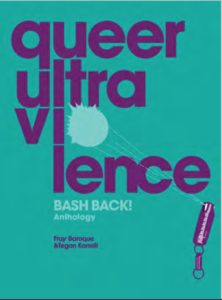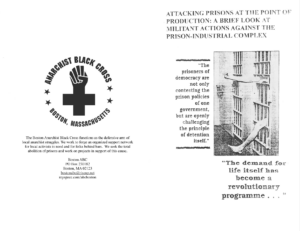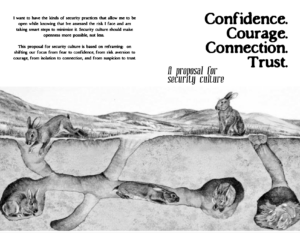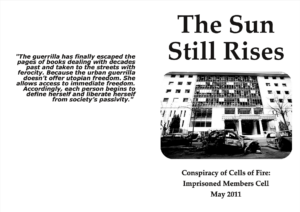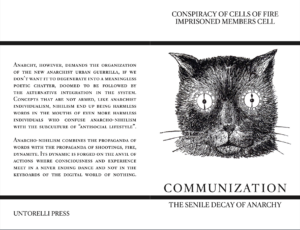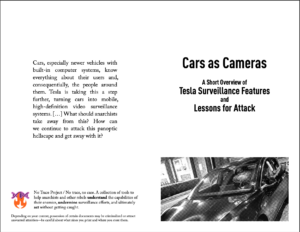
“Calling the police often escalates situations, puts people at risk, and leads to violence. Anytime you seek help from the police, you’re inviting them into your community and putting people who may already be vulnerable into dangerous situations. Sometimes people feel that calling the police is the only way to deal with problems. But we can build trusted networks of mutual aid that allow us to better handle conflicts ourselves and move toward forms of transformative justice, while keeping police away from our neighborhoods.”

